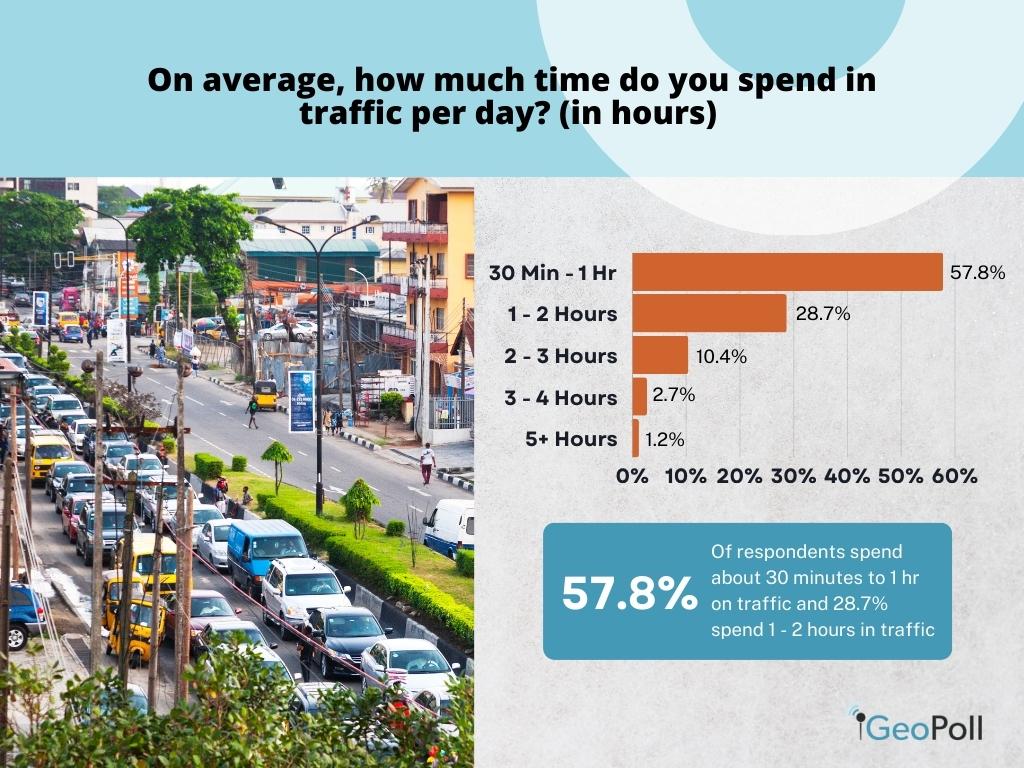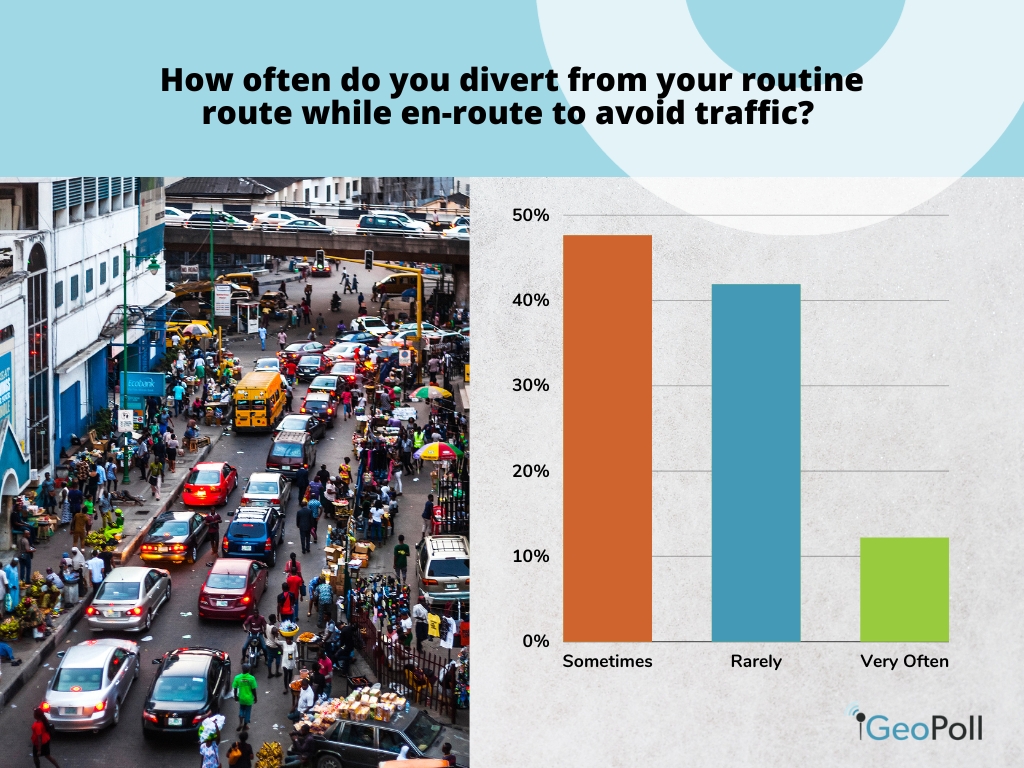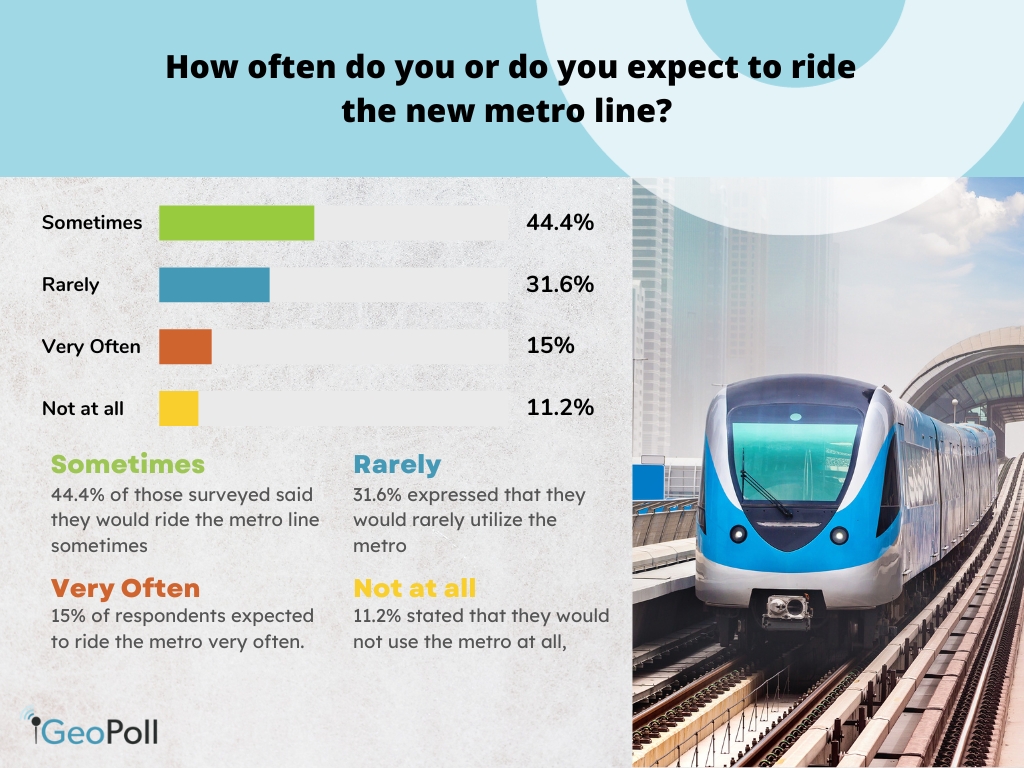- Contents
Lagos traffic is consistently ranked among the worst in the world, earning a notorious reputation for its relentless congestion and gridlock. The city’s population exceeding 20 million, rapid urbanization, and insufficient transportation infrastructure have all contributed to this enduring challenge.
Commuters in Lagos often face excruciatingly long travel times and spend hours in standstill traffic. The government’s efforts to address this issue are ongoing, with initiatives such as road expansion, the development of a metro system, and traffic management improvements.
The Lagos Rail Mass Transit project is one of the initiatives aimed at improving public transportation in Lagos. The project is designed to include a network of light rail lines and commuter rail lines to connect different parts of the city.
Referred to as the Blue Line and constructed by the China Civil Engineering Construction Corp, the Lagos light rail service connects the densely populated mainland of the city with Lagos Island, which houses numerous businesses. This service is anticipated to reduce travel times, benefiting commuters and businesses alike significantly.
To understand the status of traffic jams in Nigeria and how Nigerians cope with them, as well as their perceptions on the Metro system, in October 2023, GeoPoll conducted a countrywide survey which targeted a random sample of 416 GeoPoll App and Mobile Web users.
This report provides an in-depth analysis of traffic in Nigeria, the Metro System, additionally;
- Most used mode of transport in Nigeria
- On average, how much time do most people spend on traffic per day?
- Traffic rules and regulations.
- Will the metro system in Nigeria will help solve traffic congestion in the country?
- Government and traffic
The most used mode of transport in Nigeria
From the GeoPoll survey, over 72% of Nigerians use public transport for their regular commutes and transport needs. Motorcycles, commonly referred to as “okadas,” in Nigeria, are also popular for short-distance trips and navigating through congested urban areas, with 29.6% of respondents saying their most regular mode of transport in motorcycles.
In addition, 27.2% said they mostly use personal vehicles for movement.
Railway transportation and domestic flights are available in Nigeria, but they are not as widely used daily as road transportation, and from the survey, only 8.4% of the respondents use trains for their daily commute. Therefore, road transportation remains the most commonly used mode of transport for regular commuting and travel in Nigeria. 
How much time do most people spend in traffic per day?
Nigeria’s major cities, such as Lagos and Abuja, are known for their traffic congestion, and residents often spend a significant amount of time stuck in traffic during their daily commutes.
It’s common for commuters to spend several hours in traffic each day, especially during rush hours. The traffic situation in other Nigerian cities can also be challenging, although the severity varies.
From our findings, 57.8% of the respondents spend 30 minutes – 1 hour in traffic, 28.7% spend 1 to 2 hours in traffic, and 10.4% spend about 2 to 3 hours in traffic while commuting.

Similarly, commute and time spent on traffic are influenced by factors such as distance, route, time of day, and the efficiency of the transportation system. Some people may have relatively short and straightforward commutes, while others may spend several hours in traffic daily, especially during peak hours. The largest segment of the respondents (31.3%) estimated their daily commute distance between six and ten kilometers, followed by relatively short 1-5km commute (27%) and 11-15km (21.2%).
Diverting of routine route while en route to avoid traffic
From the survey findings, it was found that traffic congestion prompts various levels of route diversions among the respondents. A substantial 47.6% of those surveyed reported that they sometimes divert from their routine routes to avoid traffic.
According to professions.ng familiarity with routes allows drivers to use alternative roads to avoid congested areas. Experienced drivers can predict potential traffic and seek alternative roads to avoid spending long hours in traffic.
12% of the respondents said they divert routines “very often” highlighting a common practice of adapting their travel paths in the face of congestion, even when the alternative routes are longer. On the flipside, 41.8% mentioned that they rarely divert, which may be consistent with the majority using public transport which could have less flexibility of detouring. 
Will the metro system in Nigeria help solve traffic congestion in the country?
A majority of respondents (70%) are aware of the recently introduced Blue Line metro system, while 30% stated that they haven’t heard about it
Of those that know about the metro system, confidence that it will help solve traffic congestion in the country is not apparent, with the largest segment (30.8%) remaining neutral and 28.6% being somewhat optimistic.
When asked about their anticipated frequency of using the new metro line, respondents expressed a diverse range of expectations. Approximately 44% of those surveyed said they would ride the metro line sometimes. Meanwhile, 31.6% expressed that they would rarely utilize the metro, notably, 15% of respondents expect to ride the metro very often. Finally, 11.2% stated that they would not use the metro at all. 
Nigeria’s Government efforts in solving traffic congestion
The survey also shed light on the various degrees of satisfaction among respondents regarding the government’s efforts to address traffic issues in Nigeria. Notably, 38.4% of those surveyed expressed some level of contentment by stating they were somewhat satisfied, acknowledging some progress in mitigating traffic challenges. Additionally, 27.7% indicated they were delighted, reflecting a more positive outlook on the government’s initiatives. Meanwhile, 23.4% fell within the neutral category, signifying a sense of uncertainty or a wait-and-see approach regarding the effectiveness of traffic solutions.
The commencement of the second phase of the rail project is slated for later this year. Upon its completion, officials anticipate the metro system will accommodate approximately 500,000 passengers daily.
Methodology/About this Survey
This Exclusive Dipstick Survey was run via the GeoPoll mobile application and mobile web links in October 2023 in Nigeria. The sample size was 416, composed of random users between ages 18 and 60. Being an online survey, the sample skewed towards younger age groups, males and urban dwellers.
To get more details about exclusive GeoPoll surveys or to conduct a scientific study on transport or other topics in Africa, Asia, and Latin America, please contact us.
